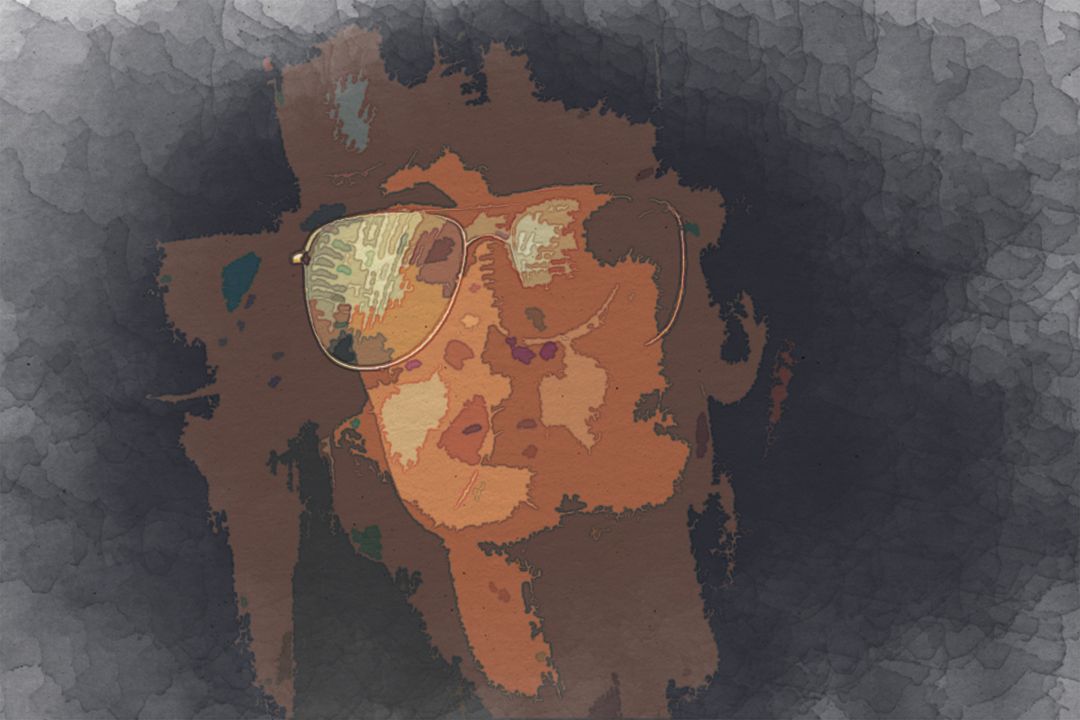Avoid the Adhoc

Living Life Through Multiple Lenses
Sophia gazed through the smudged lens of her grandmother's old spectacles, the world around her a mosaic of vibrant hues and disjointed shapes. Each prism seemed to tell a story, one of flaws and fragmented truths stitched together in the fabric of her life. As she peered through each glass, memories cascaded before her, each one a step on the path she walked, a journey from error to error. And she couldn't help but chuckle at the thought, the irony that it took not just one or two missteps but a whole lineage of them to arrive at the profound revelations she now held dear.
From error to error one discovers the entire truth.
— Sigmund Freud (1856-1939)
In a quaint coffee shop that smelled of roasted beans and nostalgia, Sophia would meet with Alexander, her confidant and fellow architect of dreams. Their conversations were a delightful tangle of intellect and whimsy, often sprinkled with laughter about their past blunders. Sophia recounted her latest "discovery," a certain misjudgment in her work that led her to a revolutionary design concept. Alexander listened, his eyes sparkling with mirth, as she described how her erroneous calculations created something unexpectedly functional and beautiful.
They reveled in their shared understanding that perfection was not the absence of errors, but the ability to navigate through them with grace and humor. It was during these exchanges, amidst the echo of their laughter and the clinking of coffee cups, that Sophia truly grasped the entire truth of her existence. Each misstep was a valuable piece of the puzzle, contributing to the clarity of her vision, much like the kaleidoscopic lenses she so fondly looked through.
Days turned into weeks, and the coffee shop became the witness to the mosaic of Sophia's life unfolding, error by error, truth by truth. Her grandmother's glasses, though never quite fitting perfectly on the bridge of her nose, had become her emblem of this humorous dance with life's imperfections. And in this space, between the blurred lines and clear insights, Sophia found her purpose and her laughter, the latter as much a part of her work as the former.
The evening sun cast long shadows over the cluttered desk where Sophia sat, her fingers tapping rhythmically on the keys of an old typewriter. Words spilled onto the paper, not just hers, but those of the language that seemed to choose her, to flow through her with intent and agency. She always felt like a mere vessel, a conduit through which stories poured out, eager to be told, demanding to be heard.
Perhaps it is the language that chooses the writers it needs, making use of them so that each might express a tiny part of what it is.
— José Saramago (1922-2010)
As she wrote, Sophia felt the weight and the delight of her peculiar partnership with language. It was an unpredictable dance, one that could lead to a graceful pirouette or a stumble over the awkwardness of a sentence. Yet, it was in this dance that the humor of her predicament shone brightest. The language, like a mischievous sprite, would play tricks on her, words hiding just beyond reach, only to pop out at the least expected moment, often in the middle of her sipping tea, causing her to splutter in surprise and mirth.
Alexander, ever the instigator of their playful banter, would often tease her about her "word wrestling," as he called it. He marveled at how she could turn even the most obstinate paragraph into a delicate tapestry of meaning and humor. They laughed about it often, imagining language as a capricious cat, pouncing on Sophia's pen and demanding attention, only to curl up contentedly once its purpose was achieved.
Sophia's tales, laced with laughter and the quirks of her linguistic tango, began to take shape in the world, much to the delight of her readers. They were drawn to the humanity in her words, to the unspoken understanding that the language itself was having a grand old time, selecting just the right person to spill its secrets, one mischievous word at a time.
In this partnership of wit and wisdom, Sophia found her stride. Her narratives were more than mere stories; they were a celebration of the unpredictable nature of language and life. And as the sun dipped below the horizon, she could almost hear the whisper of words in the quiet of her study, each syllable a testament to the playful, profound relationship she had with the language that had chosen her.

The planksip Writers' Cooperative is proud to sponsor an exciting article rewriting competition where you can win part of over $750,000 in available prize money.
Figures of Speech Collection Personified
Our editorial instructions for your contest submission are simple: incorporate the quotes and imagery from the above article into your submission.
What emerges is entirely up to you!
Winners receive $500 per winning entry multiplied by the article's featured quotes. Our largest prize is $8,000 for rewriting the following article;

At planksip, we believe in changing the way people engage—at least, that's the Idea (ἰδέα). By becoming a member of our thought-provoking community, you'll have the chance to win incredible prizes and access our extensive network of media outlets, which will amplify your voice as a thought leader. Your membership truly matters!


